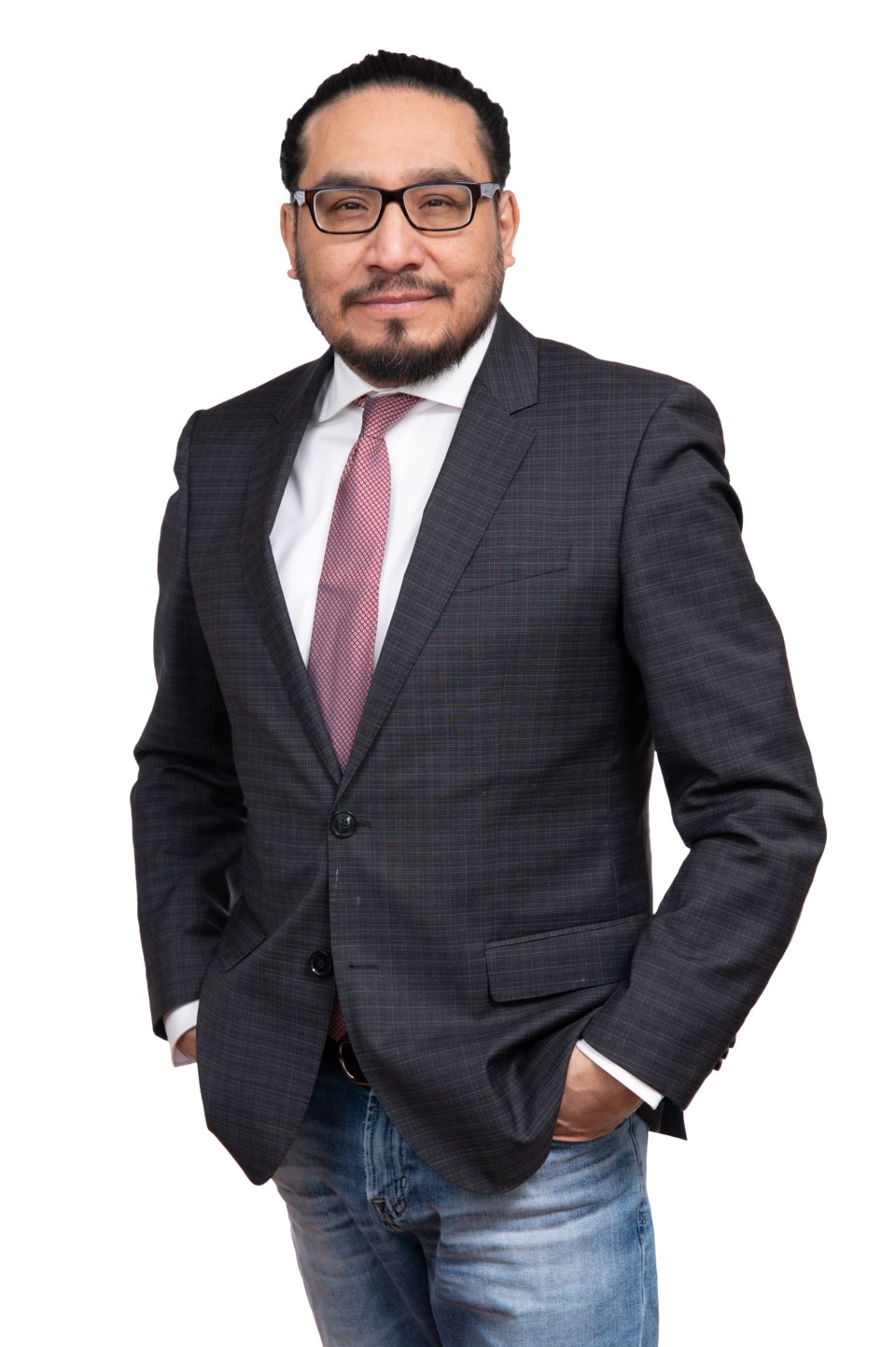SIOUX LOOKOUT - In 2018, Kiiwetinoong voted Sol Mamakwa as their MPP. Today, he is looking to continue his work for four more years.
Mamakwa declared with pride, “Kiiwetinoong riding is the largest riding in Ontario. It’s 294 square kilometres in the north. I see how vast it is. We are so rich in resources. We are so rich in land. We are so rich in the waters that we have. Sometimes it is about the lack of service, and it’s about bringing these services closer to home. That’s what it’s all about. It’s not about sending people to Toronto, Winnipeg, or Thunder Bay for these services. It’s so important that we are able to bring these services closer to home.”
Mamakwa began his career as a health advocate, serving as co-chair for the Sioux Lookout Meno Ya Win Health Centre and other health boards. He remains committed to improving how health is delivered throughout Nishnawbe-Aski Nation territory and the Kiiwetinoong riding.
“I think it’s important to acknowledge that, as MPP, it was a really difficult time when we talk about the pandemic, but it’s also a difficult time when we change the trajectory of thinking about the truth-telling stories about the 215 children that were found. It’s a very good time to where we start thing about how we can come together in the far north of Ontario in the riding of Kiiwetinoong and some of the issues that we face,” Mamakwa said.
Over the past four years, Sol committed himself to advocate for First Nations in the riding and the North. He introduced two private member’s bills, the first of which would have made the United Nations Declaration on the Rights of Indigenous Peoples a part of provincial law. The second would have mandated the government to provide clean water to all First Nations in the province.
“I was up north, and I had this young mother stop me, and it was hard to meet with her because of her son and all she asked for was clean drinking water,” explained Mamkwa. “Her son had a skin condition, and she showed me some pictures, and it was hard to see. Sometimes, when we live in those conditions on a daily basis, we begin to accept that is the way things are. We accept them as normal. But it is not normal. I think that is one of the things as riding; we need to be able to come together and acknowledge the inequities and inequalities that exist. We cannot continue to use jurisdiction as an excuse not to do anything or to be complacent. “
Jurisdictional barriers for the north have been a constant strain on the communities. In Kiiwetinoong, where most communities are remote, having access to adequate medicine, environmentally safe electricity, and clean drinking water is unfathomable to those living in large urban centers. Still, for the fly-in-only First Nation communities, this is a reality that has left many to feel like nothing is ever going to change.
“In Kiiwetinoong, I have spoken with people across the region, and there is so much good that could be done for the people if the public service needs of all the communities across the North weren’t hindered by issues of jurisdiction. You can name any policy area: safe housing, access to clean drinking water, equitable access to health care or education, mental health care needs, and infrastructure. This has led to decades of neglect that I often describe as the ongoing legacy of colonialism. Simply put, if a community in Toronto didn’t have access to clean drinking water or usable roads months out of the year, there would be action to get these things fixed. Community leadership and others here in the North know what the issues they face are – what the structural impediments there are. They are the ones who need to be consulted about what needs to be done, and then governments need to follow through. That's why I’m campaigning with the NDP.”
Sol understands the challenges residents in the riding of Kiiwetinoong face. He used his time inside and outside of the legislature to tackle issues such as the overrepresentation of Indigenous people in the child welfare and justice systems, the youth suicide crisis, vaccine hesitancy, and the doctor shortage in the North.
“In Kiiwetinoong, and in many First Nations, there is even less of a guarantee of resources that our students need, and it remains the case that many communities have to send their children away to communities such as Thunder Bay for their education. For too long, the federal and provincial governments have played jurisdictional ping pong on matters such as housing and education, and it’s our children that suffer.”
